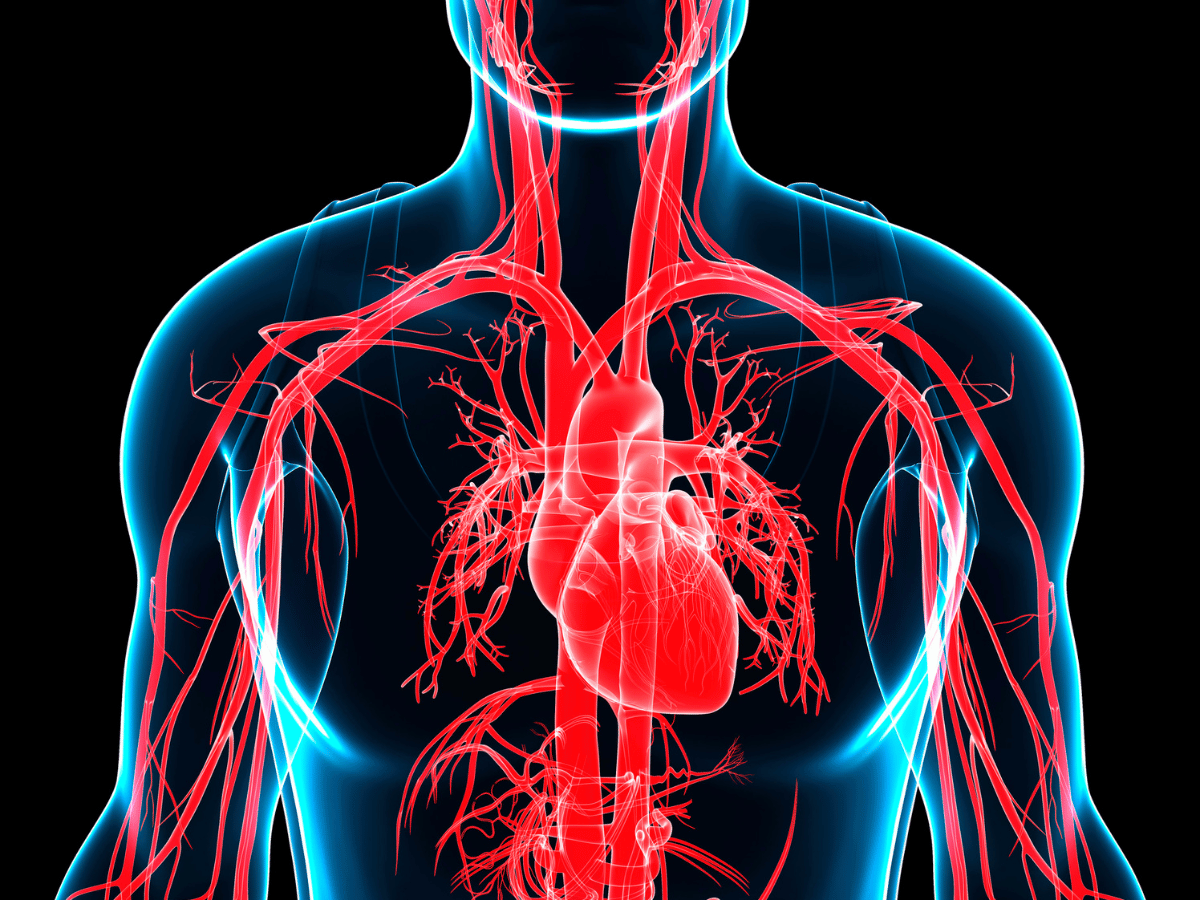
Vascular surgery focuses on treating diseases that affect the body’s intricate network of blood vessels: the arteries that deliver oxygenated blood, the veins that return it, and the lymphatic vessels supporting immune function. It encompasses both surgical and minimally invasive procedures aimed at restoring proper blood flow, preventing life-threatening complications, and improving quality of life.
We often encounter patients with symptoms like leg pain while walking, swelling in the lower limbs, or even dizziness linked to carotid artery disease. In many cases, these are silent warnings of serious vascular disease. The earlier we intervene, the better the outcomes.
Vascular diseases are more common than most people realize. They silently affect millions, especially as people age or develop conditions such as diabetes or hypertension. Here are some of the most common:
Vascular surgery has seen a revolutionary shift, and most patients benefit from far less invasive solutions than they did a decade ago.
Technological advances have drastically changed the way we treat vascular conditions. We’re now able to repair aneurysms using small groin incisions that result in shorter hospital stays and faster recovery.
Modern stents and coated grafts, used in the endovascular treatment of conditions like PAD or aortic aneurysms, are designed to last longer and reduce the chance of complications or repeat procedures. Thrombolytic therapy, targeted delivery of medications to dissolve clots, is saving limbs and lives every day.
Accurate diagnosis forms the foundation of effective vascular treatment. Today’s imaging tools help us map out blood flow pathways and detect blockages or weakening vessel walls long before symptoms appear.
Before surgery, we conduct thorough evaluations to ensure treatment success and minimize risk. This often includes:
We also work closely with patients on lifestyle improvement—smoking cessation, blood sugar control, weight management—to enhance surgical outcomes.
The recovery process varies depending on the type of procedure. Open surgeries require longer hospital stays and recovery time, while endovascular cases often allow patients to return home within 24–48 hours.
Regardless of the method, follow-up is critical. We monitor progress with imaging, adjust medications like antiplatelets or statins, and provide guidance on diet and exercise to prevent recurrence.
Like all surgeries, vascular procedures carry risks—infection, bleeding, or reactions to anesthesia. However, minimally invasive techniques significantly reduce those risks.
The benefits are profound: pain relief, return of mobility, stroke prevention, and in some cases, preserved limbs or saved lives. More than 90% of patients undergoing endovascular aneurysm repair (EVAR) recover successfully without major complications.
Biomedical innovation is transforming the future of vascular surgery. Researchers are exploring:
Collaboration between engineers, biologists, and surgeons is driving these advancements forward.
At South Florida Multispecialty Hospital, vascular care combines top-tier clinical expertise with personalized service. Our multidisciplinary teams include board-certified vascular surgeons, radiologists, cardiologists, and specialized nurses, all dedicated to optimizing outcomes.
We use state-of-the-art imaging suites, advanced hybrid operating rooms, and continuously updated treatment protocols based on the latest evidence.
Our patients aren’t just cases, they’re families, professionals, and friends. We take pride in walking the journey with them from diagnosis to recovery.
If you’re experiencing signs like leg pain, swelling, or dizziness, don’t wait. Let our expert vascular team at South Florida Multispecialty Hospital evaluate your symptoms and guide you toward cutting-edge care designed for healing and long-term wellness.
Vascular surgery treats diseases of arteries and veins, particularly when these pathways are blocked, weakened, or compromised. It's needed when blood flow becomes restricted or dangerous (e.g., risk of stroke, aneurysm rupture, or limb loss).
These include peripheral artery disease (PAD), carotid artery disease, aneurysms, chronic venous insufficiency, varicose veins, and deep vein thrombosis.
Open surgery uses large incisions to directly access blood vessels, while endovascular procedures involve small incisions and are guided by imaging. Endovascular methods typically allow quicker recovery.
Risks include bleeding, infection, and anesthesia complications. Benefits often include restored blood flow, pain relief, stroke prevention, and in serious cases, limb or life preservation.
Preparation includes diagnostics, medication adjustments, lifestyle modifications, and a full health assessment. We’ll guide you through every step to ensure you're ready.
Recovery varies; open surgery might need several weeks, while endovascular patients often return to daily routines within a few days. Follow-up care is essential for a successful recovery.
No, it depends on factors like the location and severity of disease. Some complex cases still require open surgery. We discuss the best option based on each patient’s needs.
Technological improvements reduce risks, improve accuracy, shorten hospital stays, and give patients access to treatments that weren't possible 10 years ago.
Huge role. Smoking cessation, exercise, diabetes management, and heart-healthy diets can prevent vascular disease progression and improve surgical outcomes.
Common symptoms include leg pain while walking, leg swelling, non-healing wounds, visible varicose veins, dizziness, or numbness. If these sound familiar, it’s time to consult a vascular expert.
Your well-being is our top priority. Reach out today to discover how our dedicated team can support your health journey.
Have questions or want to learn more? Use the form below to get started!
Connect with South Florida’s trusted multispecialty care team and take control of your health with compassion and convenience.
©2025 South Florida Multispecialty Medical Group. All Rights Reserved.